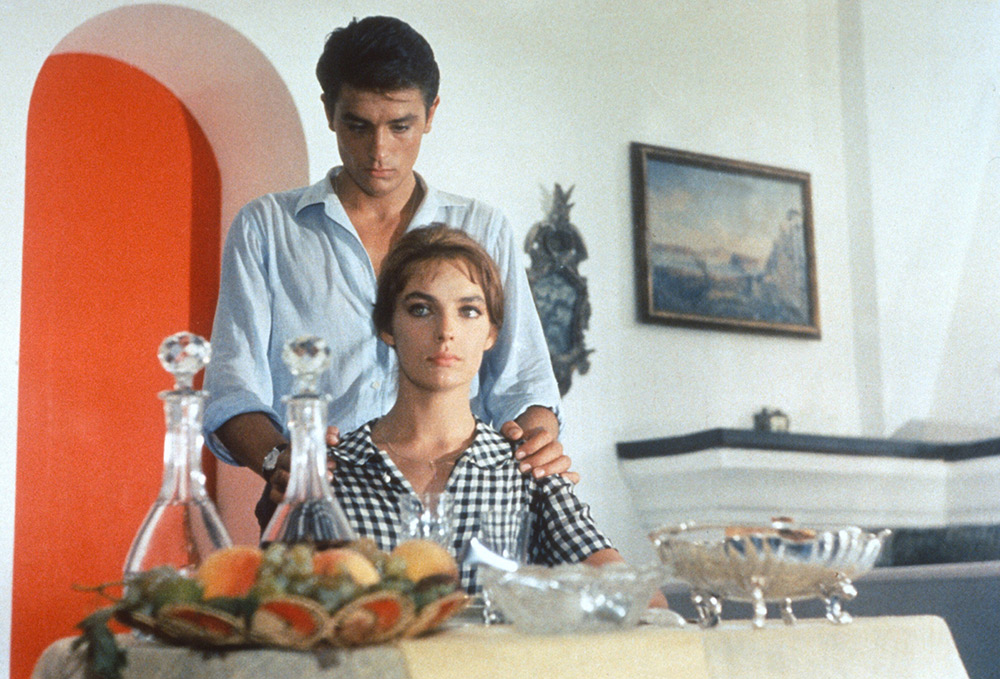
(c) Photofest / Getty Images
"Purple Noon" A picaresque romance about Tom The Talented Mr. Ripley, a man who betrayed the sun and destroyed himself
2021.07.15
“The man who rebelled against the sun” meets a tragic end.
Patricia Highsmith, the author of the original novel, praised the film as "visually beautiful, intelligent and entertaining." She was also pleased with Alain Delon's performance as The Talented Mr. Ripley. However, she was disappointed with the ending of the film. In the original novel, The Talented Mr. Ripley successfully committed the perfect crime, but the ending of the film suggested that she would be arrested by the police.
At first, René Clément was thinking of an ending that would allow him to escape. However, the producer was persuaded that the audience would not be satisfied with an ending that was too immoral and unethical, so they settled on the ending as it is now. Let me quote his interview article again.

“The Purple Noon” (c)Photofest / Getty Images
"I'll tell you the ending I dreamed of. (Omitted) The Talented Mr. Ripley becomes rich and continues his journey. He goes to Athens. When he gets off the ship at the port, he sees two police officers waiting at the footbridge. He worries that he will be killed, but he is not. Here, it is a rule that two police officers are stationed every time a ship arrives. The Talented Mr. Ripley passes by without any problem. There is no problem. He reaches the Parthenon and sits on the steps. He asks himself whether he should turn himself in or find a place in this society. (Excerpt from an interview with Rene Clement )
However, I believe that another reason for his tragic end is that he is a "man who turned his back on the sun." The original title, "Plein soleil," also means "high noon," and he murdered Philippe at exactly 12 noon (note the time shown on The Talented Mr. Ripley's pocket watch). He committed the crime under the bright light of the sun, with God, the sun, clearly looking down on the world below.
At that moment, he was destined to be punished as a criminal. Due to Philip's cruel prank, The Talented Mr. Ripley was left behind on the boat and suffered burns all over his body in the direct sunlight. Then, bathed in the sunlight, he exclaims with ecstasy, "So much Purple Noon. This is the best feeling ever," and just then, he discovers the crime he has committed. Although it is a somewhat literary inference, "Purple Noon" can also be interpreted as "the story of a man who rebelled against the sun and is punished for his crime."
reference:
https://www.rogerebert.com/reviews/purple-noon-1960
Text: Rui Takeshima
A pop culture writer who wants to be kicked by Hit Girl. Host of the web magazine "POP MASTER".
(c) Photofest / Getty Images

